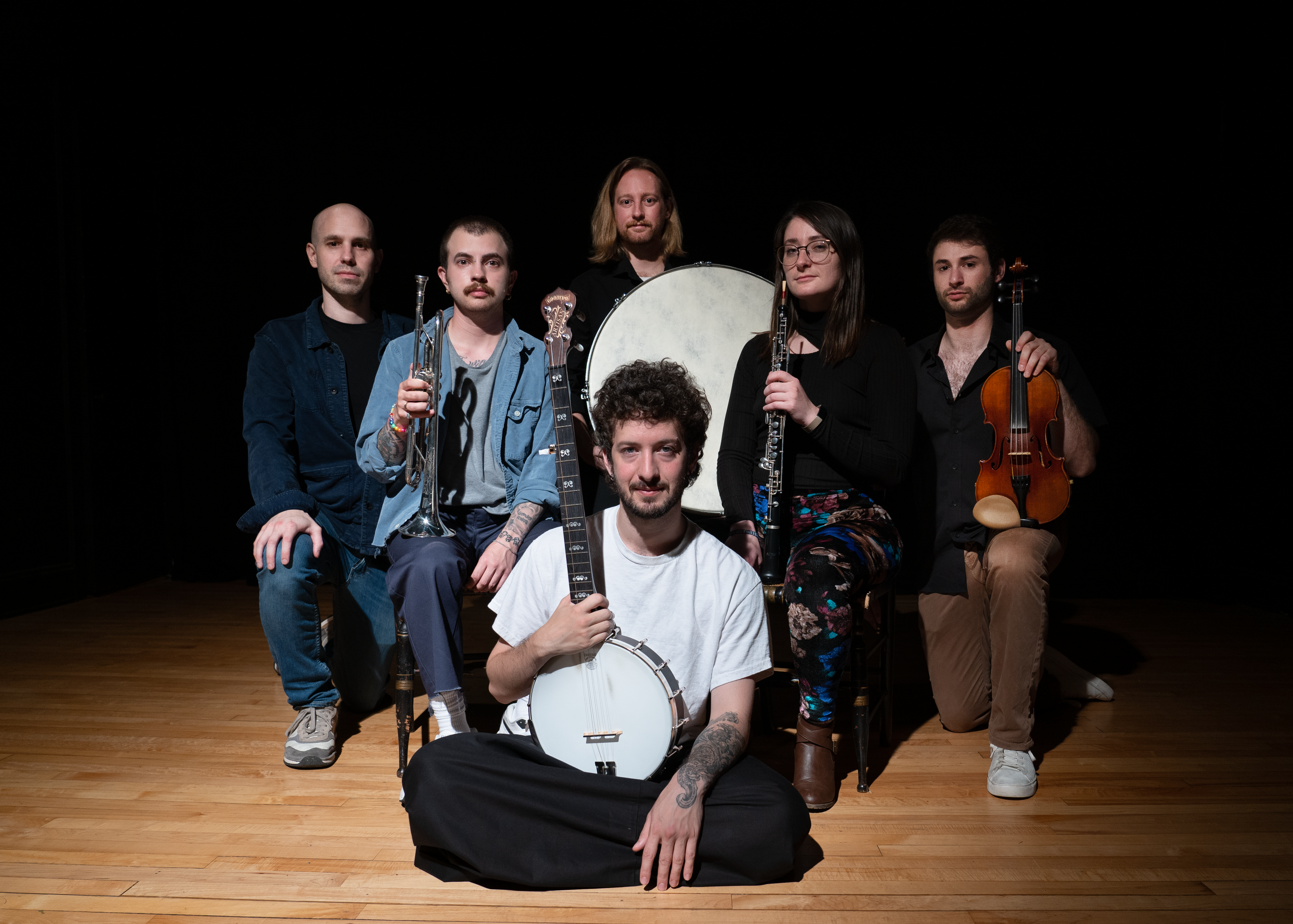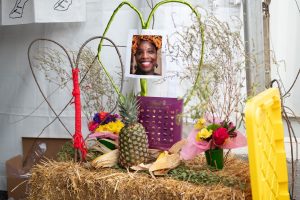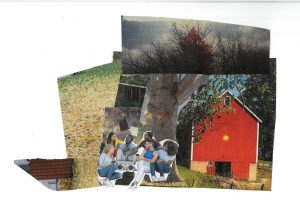Grieving is wanting to sleep for a little bit longer just to be able to stay in a dream with them. It is sobbing late at night when loneliness strikes. Grieving is blurting out with envy, “I also had a dog, but he died last week,” when people are sharing funny stories about their pets. It is also then, the immediate embarrassment you feel for ruining a pleasant conversation. Likewise, it is laughing until your cheeks hurt when remembering a funny story about them. To grieve is to love your lost ones.
My own summer of grieving started on a morning when my mother called me and asked me if I was sitting down. After hearing those words, I knew immediately that someone had passed away. After feeling a sigh of relief about the fact that it was not my dad, my heart sank as I processed that my 10-year-old German Shepherd was gone. I went from handling the news well to feeling shattered in seconds.
A week later, my best friend called me crying. Vicki was her partner’s mom; she was part of her family and a dear friend of mine. I am aware of how odd it is to be friends with your best friend’s partner’s mom, but Vicki was unique. We met while traveling around Morocco. For two weeks, Vicki and I shared a room, and at night before going to sleep she would recount stories such as the pet otter she had growing up in Florida, her first marriage in the Middle East, how her late husband Norman always said he “meditated” her into his life. She shared her joys, plus a whole lot of indiscretions that I should have perhaps never heard from my best friend’s partner’s mom, but that made us grow closer over time.
I was filled with unconsolable tears once again. In less than a month, I had lost two souls I cared deeply about.
There is no one method for mourning, particularly when making comparisons between the grief of a loss of a pet, a friend, a parent, home, or one’s old life—it’s all personal. Whenever I have felt torn between emotions, such as with my own grief, I find that art finds a way of becoming universal even when it blossoms out of an individual experience.
Art has the ability to make us feel less alone when we are working through complex and deep emotions. In experiencing art, it can feel as if someone else out there understands exactly how you feel and can articulate it for you. The grief around the loss of my dog, and Vicki, stick with me in various ways, and while still engulfed deeply in this mourning I received an invitation to a musical performance. Without knowing that it would be a key part of my grieving process, I attended O Death.

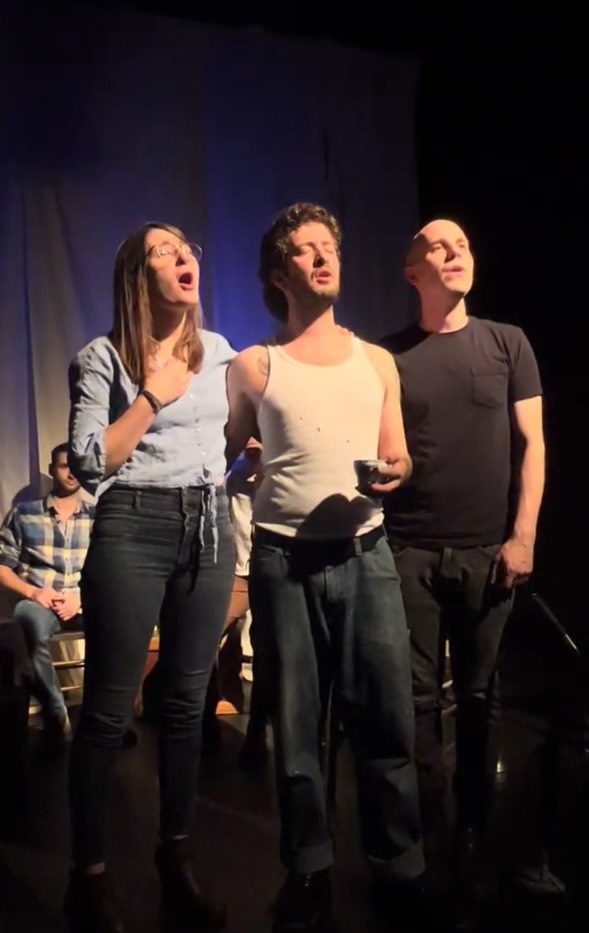
Santiago Quintana’s O Death was an electroacoustic performance of folk and old-time music about loss that took place at Facility Theatre this past November. This four-act show featured a folk band composed of Adam Kleiman (violin), Catherine Kroll (vocals and oboe), Evan Thompson (vocals and keys), Joey Buttlar (percussion), Kirk Anderson (vocals) Buck Segritst (trumpet), and Santiago Quintana (vocals and banjo.) Drawing inspiration from folk traditions of the US, the UK, and Ireland, the performance took the audience through an intimate journey about grief in settings like the Irish mountains, a British ship, and the Appalachian region.
It was a musical odyssey. We gathered with the artists on stage in order to tell the tales of those who have left us, share ghostly fantasies of ill-fated lovers, memorialize the deceased, discuss the risks we take to live, the times we defied death itself, and when we’ll join the devil in the dance of death. Seeing as I was trying to figure out how to grieve the loss of a companion and a kindred spirit, there was a lot of room for my emotions to flow. Upon arrival, we were greeted by a small dark theater where the only sounds to be heard were crickets and whispers of anticipation coming from the audience. The scenery, composed of vintage furniture, drinks, and instruments waiting to be played, served as an invitation to make new friends with the rest of the people attending. The setting was casual enough to feel at ease, but dark enough to feel like we could privately explore the multiple emotions that come with grieving with the band.
O Death featured folk songs known to many. These songs from the Anglo-Saxon tradition held a familiar feeling as if we had heard them before or knew them from a past lifetime. Some of the songs were only 40 years old, while some of them were 400 years old. The addition of electroacoustic components not only gave the melodies a sense of contemporaneity, but kept the audience in awe.
The show was divided into four parts: The Mountains, The Sea, The Mines, and The River.
The Mountains opened with I’ll Fly Away, a hymn by Albert E Brymley sung acapella. The piece is an optimistic song that celebrates the good life lived on Earth and the hope that the spirit of the deceased has moved on to a better place. It set the tone for the show, which was an emotional presentation that did not focus on the dark hues that can come with grief. It reminded me of the time my cousin Luis Ernesto passed away unexpectedly at 31. It never quite felt like the appropriate way to mourn him was in a church wiping tears away, but rather by drinking some tea and rejoicing in his honor.
Through the musical form of ballads, the rest of the first section took us through the many ways death can look. Appalachian tunes, uplifting songs, and a heart-wrenching number about the death of a lover. The intimacy created by the four singers at the beginning allowed us to feel like we are about to experience something special, a collective act of mourning. It became easy to let our feelings flow without interruption.
Suddenly the lights turn blue, and we are at The Sea. It is a subtle reminder that grief comes in waves. This section opened with a song about sea burials, and we were transported to a ship where we were surrounded by our fellow shipmates, thinking of the sublime, what death is, can be, and how we would like it to encounter us. It was inevitable to reminisce about Vicki during this section. She had been so adventurous throughout her lifetime with so many tales of her life abroad in places that I had never even heard of, that I always felt like I was listening to a pirate story when talking with her. During this section, the band invited us to toast to the living, hoping that we all have lives worth living, a phrase Vicki had once told me.
The next section was gut-wrenching. The Mines are dark, and so were the songs which sung out prayers for one’s family members and the many side effects of mining. I was reminded of the earthquake on September 19, 2017 in Mexico City, where I grew up. Half of the city collapsed, many of my friends lost their homes, and the most tragic story of all: grade school kids were stuck trapped under their school. Just as these songs were a reflection of the many worker’s lives that are lost to capitalist greed, these children’s fates were an example of that very thing. Their families have to live with the unbearable pain of knowing their deaths were due to the financial corruption which allowed the school to be constructed without the proper building measures.
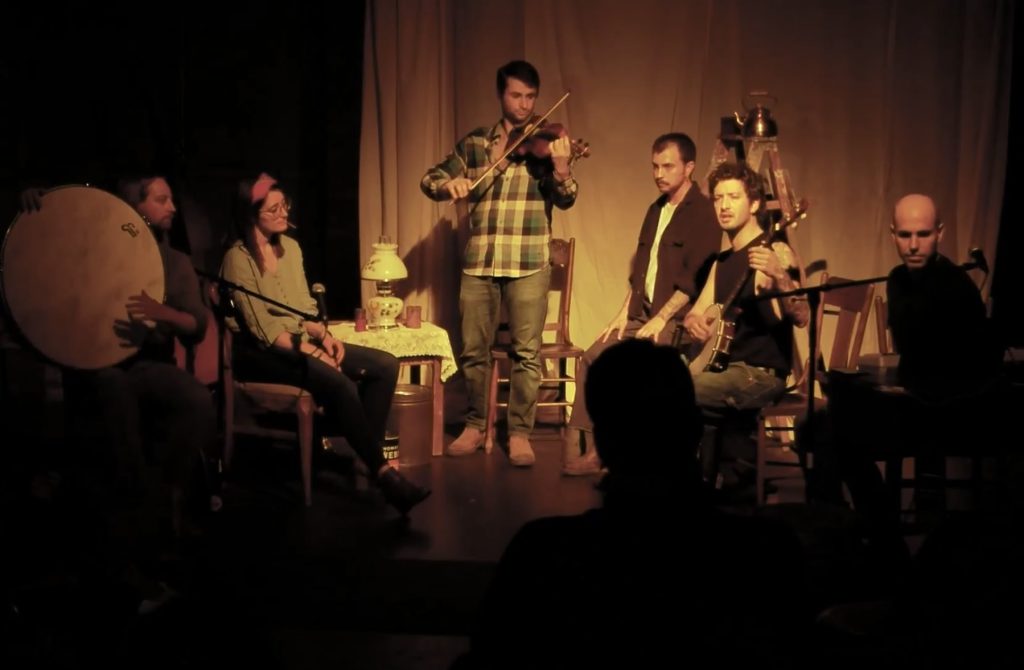
Finally, the performance comes to a close with The River, a poetic reminder that life is constantly changing and we just need to get into the flow. Quintana left us with the song “Long Time Traveller”, which is about how we will also one day leave this world. This ending brought me some comfort over the loss of my dog Hart. Mexican tradition says that the reason why we outlive our dogs is because they are supposed to embark on a journey through the underworld so that they can then guide us when it is our time. Knowing in my heart that we will one day be reunited still brings me comfort when I miss him.
Quintana’s O Death explored the complexity of mourning through music. Some of these songs were gut-wrenching while others were brighter and lighter. Grief does not look one way—it can look different to the person depending even on the day or from one moment to the next. I was grateful to be relieved in some way, to witness Quintana’s show helped me truly feel my emotions, grieve, and honor my loved ones’ spirits. While I don’t think we ever stop grieving, I did feel seen and comforted by the people in the room, even if we didn’t know what each of us was processing. That was the power of Quintana’s O Death performance.
You can listen to Santiago Quintana’s digital album O Death on all streaming platforms.
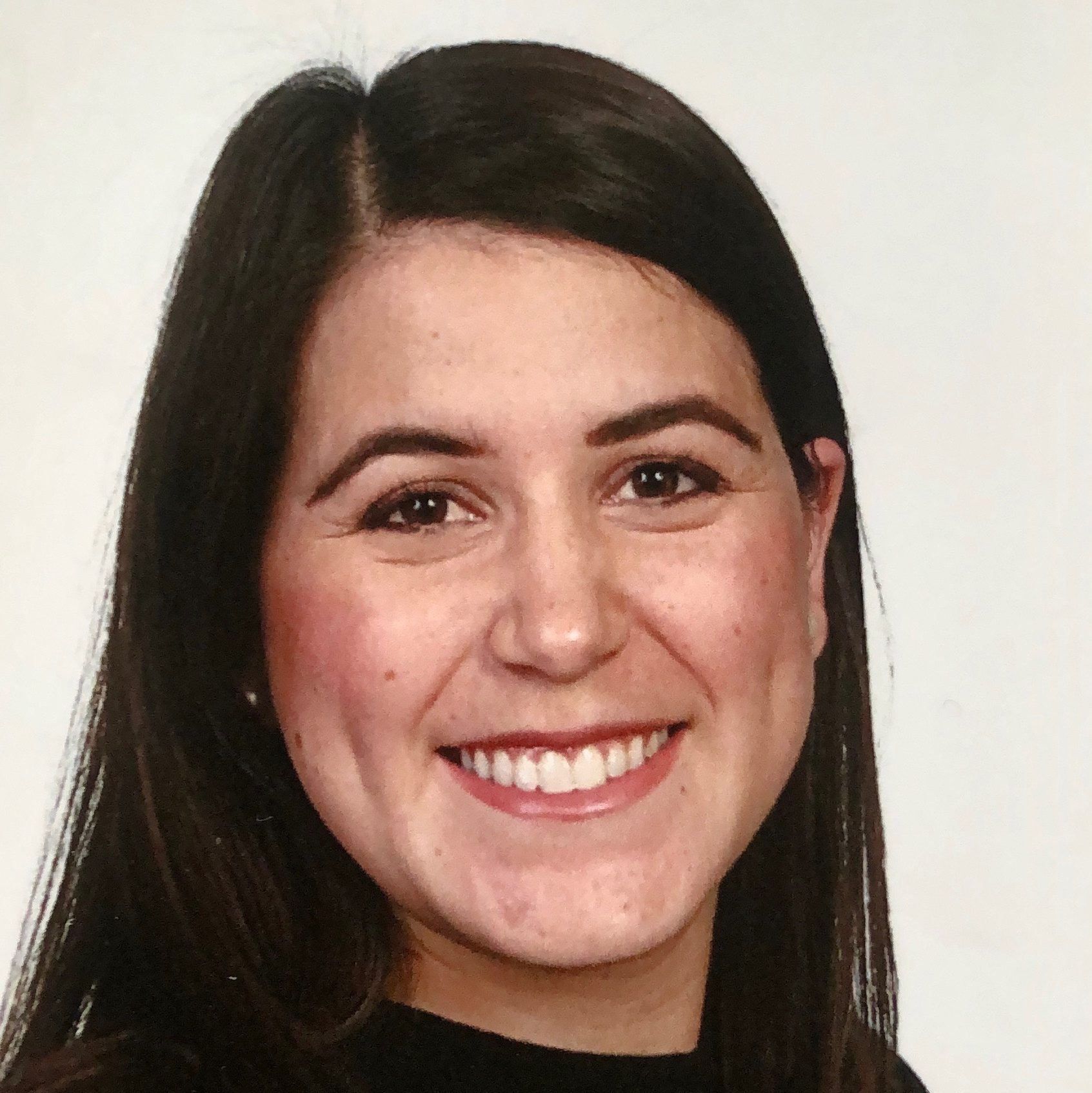
About the author: Sofía Sanchez Borboa has held exhibition-making roles in the Museo de Arte Carrillo Gil in Mexico City, the Sullivan Galleries, and the Field Museum in Chicago. She holds a bachelor’s degree in Art History from Centro de Cultura Casa Lamm and a master’s degree from the School of the Art Institute of Chicago in Visual and Critical Studies. She recently published her first book, Anyone who has never been bored cannot be a storyteller, a fragmentary retelling of Coyoacán, Mexico City.
